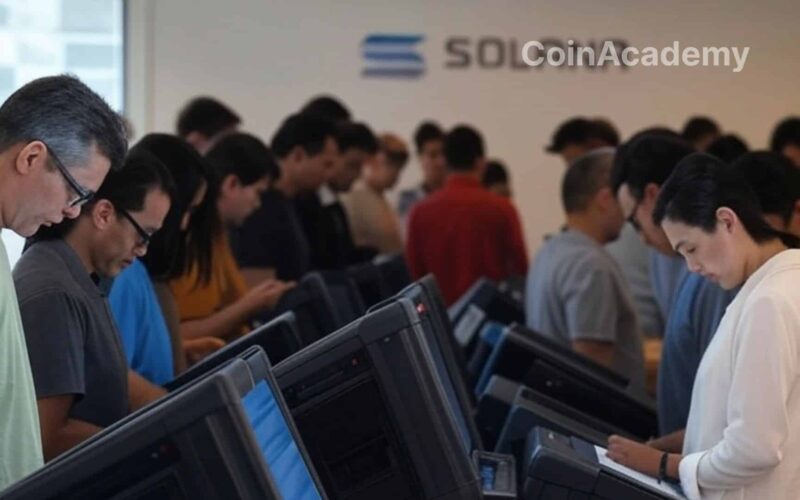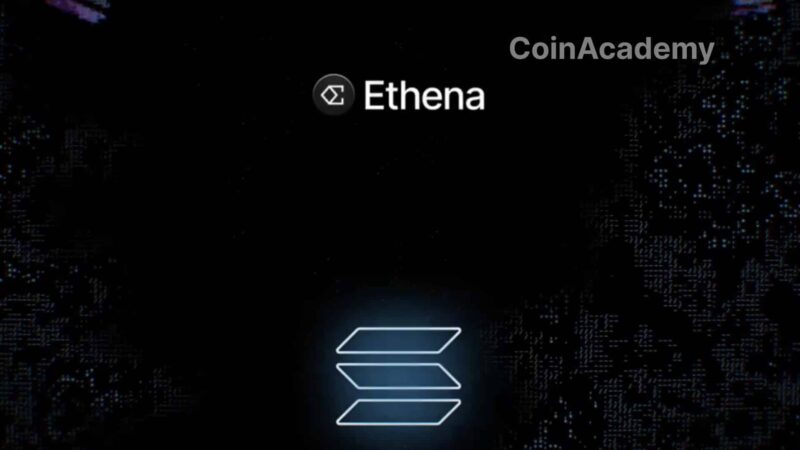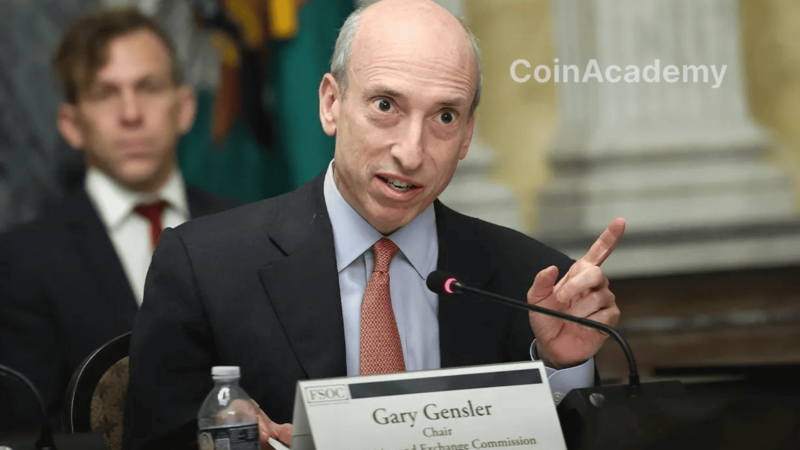Proposal to reform Solana’s inflation rejected after record vote
The proposal SIMD-0228, which aimed to reform Solana’s inflationary model, failed to gain the required supermajority in a record-breaking vote. Influential figures in the Solana ecosystem advocated for reducing staking rewards to 1% or less, but the majority of small operators opposed the reform. The rejection of the proposal does not mark the end of the debate, as discussions are planned to find a compromise on the issuance of new SOL tokens.
Fracture between large and small validators
The battle over SIMD-0228 revealed a deep divide between large entities holding significant amounts of SOL and small validators, who are more vulnerable to emission reductions. While 60% of validators with over 500,000 SOL voted in favor of the reform, the trend was reversed among those with less than 500,000 SOL, who voted against it in equal proportions.
The election gathered the participation of over 66% of validators, representing 75% of the network’s voting power, making it the most watched election in Solana’s history. The vote was also marked by a last-minute mobilization of small operators, who shifted the dynamics in favor of the ‘no’ vote.
Reform deemed hasty by the Solana community
Proponents of SIMD-0228 argued that the current inflation was weighing down the price of SOL by increasing selling pressure and diluting the value of the circulating tokens. By reducing staking rewards, they hoped to limit this dilution and make the ecosystem more attractive to investors. However, opponents denounced the proposal as ill-calibrated and driven by private financial interests such as Multicoin Capital. Some also feared a negative impact on Solana’s DeFi and a risk of centralization by forcing many small validators to leave the network.
A battle far from over
The failure of SIMD-0228 does not mean the end of discussions on Solana’s inflation. Co-author of the proposal and economist researcher at Anza Labs, Max Resnick, has confirmed that discussions will be held with opponents to find an acceptable compromise.
We will discuss with those who voted no and find a solution that is acceptable to everyone.
While this first reform attempt has failed, the debate on the issuance of new SOL tokens remains open. The challenge will be to reconcile the network’s economic imperatives with the need to preserve decentralization.




